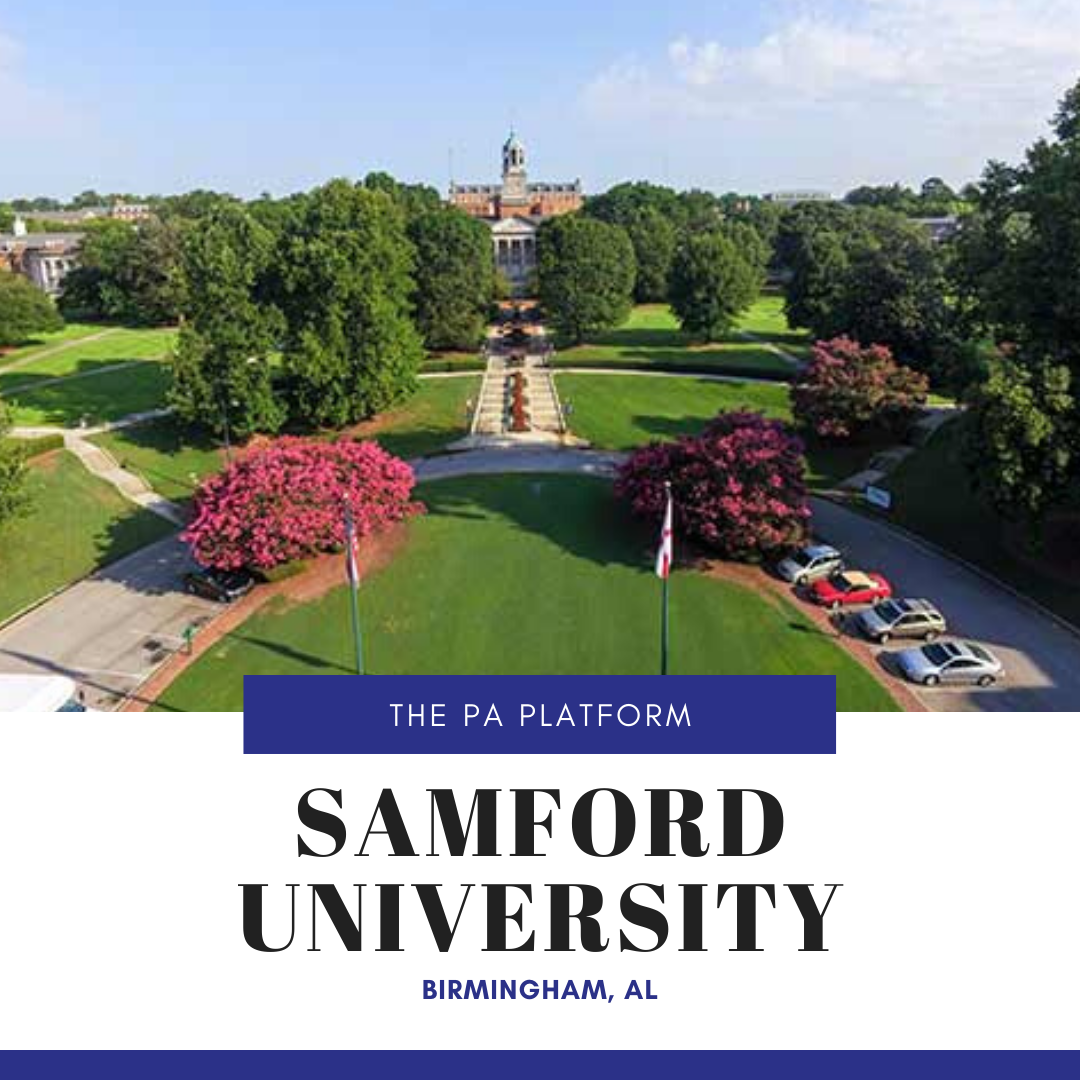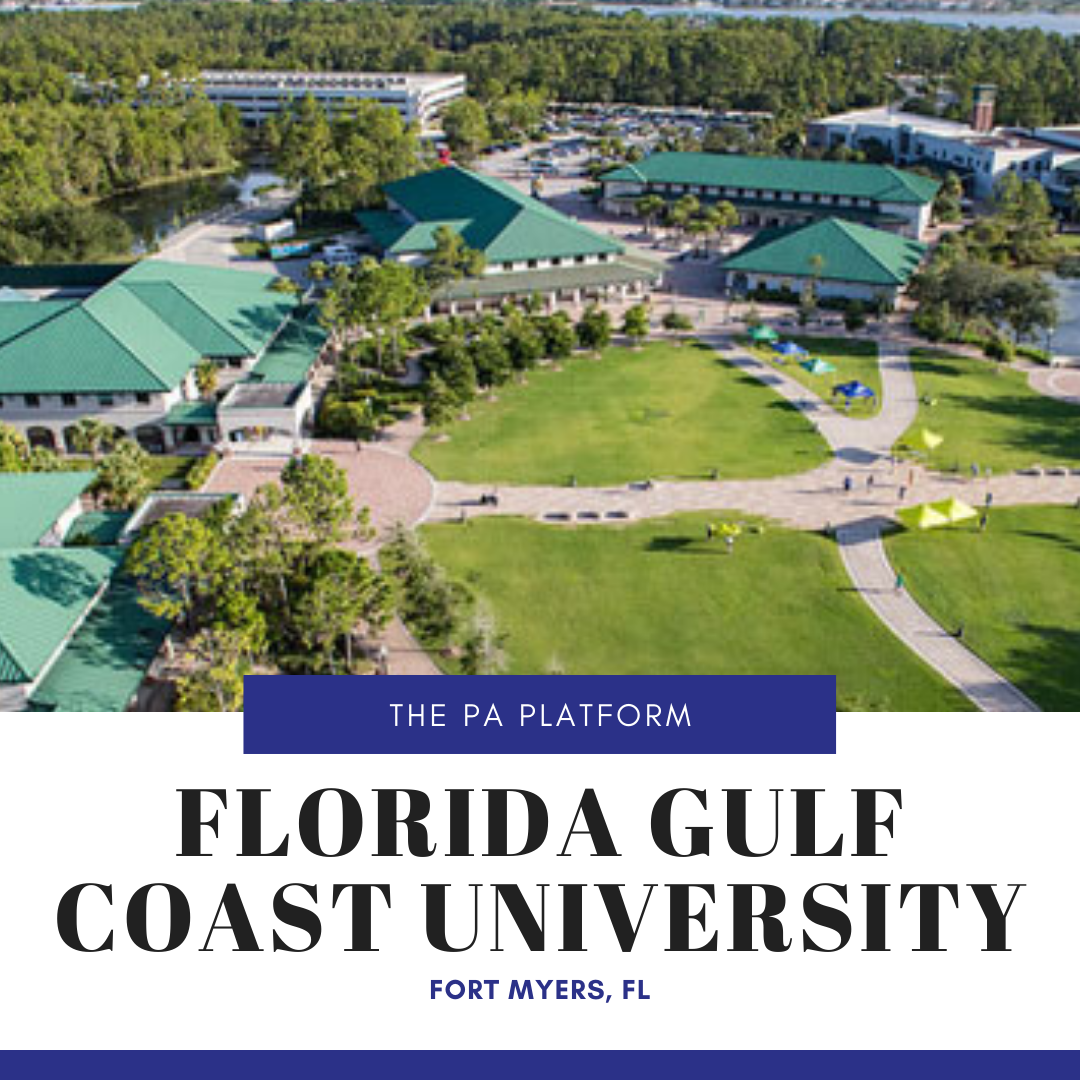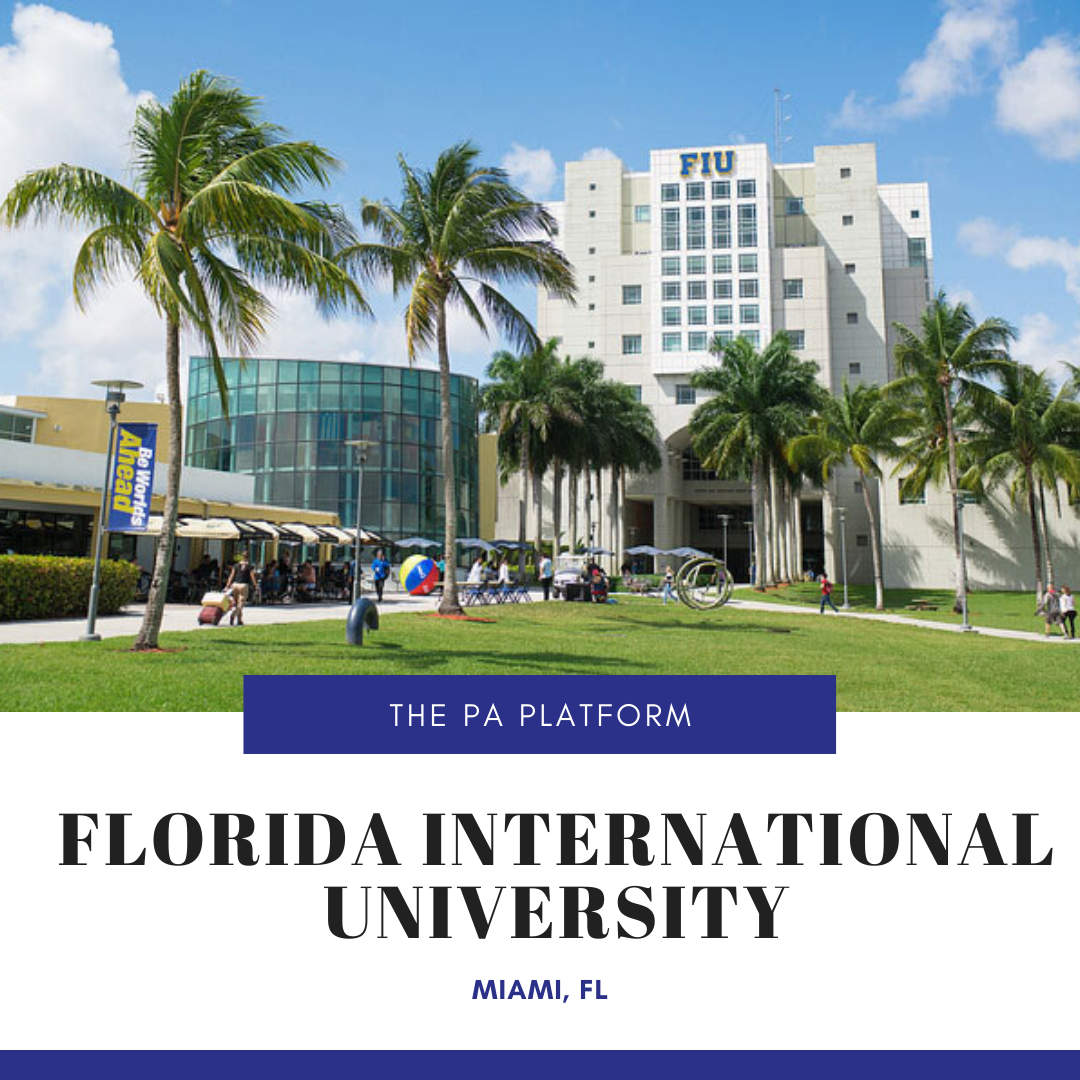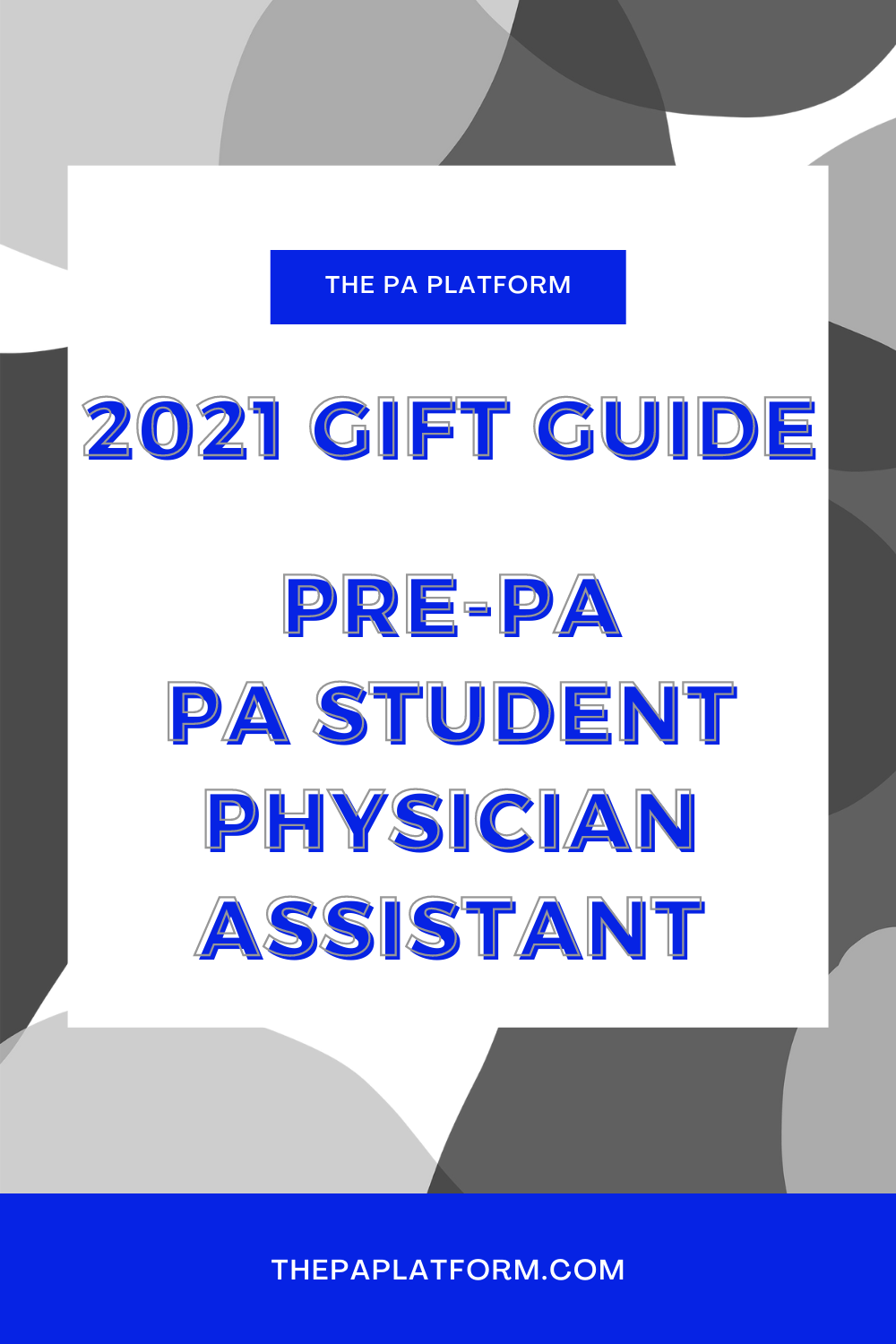I have never actually heard of this movie, and only watched it because it had 5 stars on Netflix, so I really didn't even know it was medically interesting, but it was a great surprise.
Hilary Swank is the main character, who at the age of 35, finds out she has Amyotrophic Lateral Sclerosis (ALS). According to the ALS Association's website, the definition of this disease is:
A progressive neurodegenerative disease that affects nerve cells in the brain
and the spinal cord.
If you remember the "Ice Bucket Challenge" from last year, the goal was to raise money for ALS research, not just making people dump water on their heads. Anyways, ALS is a tough disease. Individuals with ALS go from being completely independent and functional to slowly losing functions, starting with muscle use, which progresses to the loss of speaking and breathing. Brain function and awareness is one of the last things that's lost, which is very difficult on patients because they are still aware of their surroundings, yet unable to communicate their needs and thoughts.
In the movie, Swank plays Kate who starts as an amazing piano player and slowly loses her ability to function individually. She has a somewhat unconventional caretaker, Beck, who does everything possible to help Kate and keep her as independent as possible. They form an unexpected friendship, and of course, end up helping each other to grow.
I think the movie did a really great job of showing the decline that occurs in ALS, and the difficulties a patient faces while trying to maintain their independence. At one point, Kate state, "I'm a grown woman who needs help to go to the restroom," which really puts things into perspective. What is necessary is also humiliating, and when it comes down to it, Kate really just wants to be treated as a person, and not as a patient.
Kate also shows the depression that can accompany a diagnosis like ALS. She feels like a burden at times, and questions whether her loved ones would be better off without her there. She blames herself for ruining other's lives, when this disease did not give her a choice and was in no way self-inflicted. There are some great interactions between Kate with her husband, friends, Beck, and other friends with ALS that show all of the dynamics of how people respond to people with debilitating illness.
ALS can be genetic, and in that case there is a 50% chance that a child may be affected if the parent has ALS. If it is known that the trait runs in the family, that can make the decision to have kids a very difficult one. That was not addressed specifically in the movie, but is something that these patients must deal with. This movie reminds me of the book, Me Before You, by JoJo Moyes, which addresses similar topics.













































